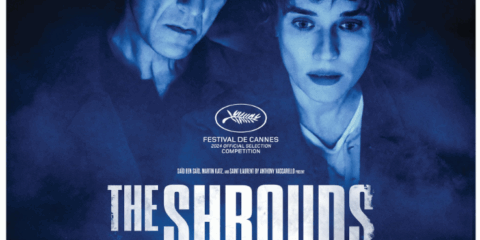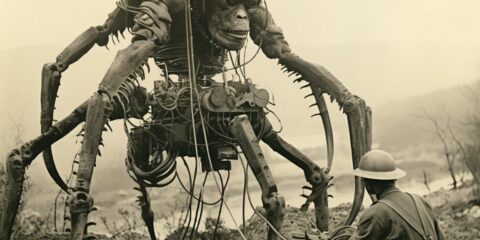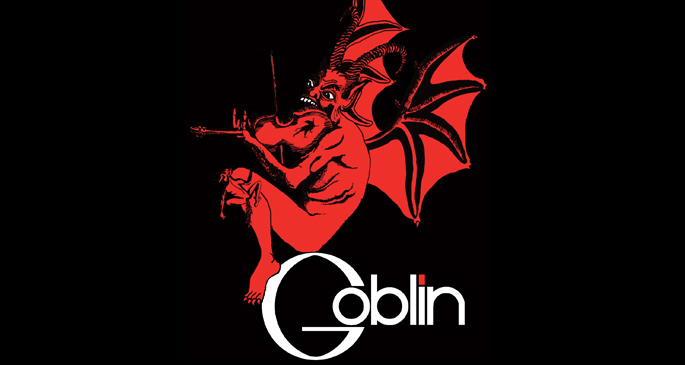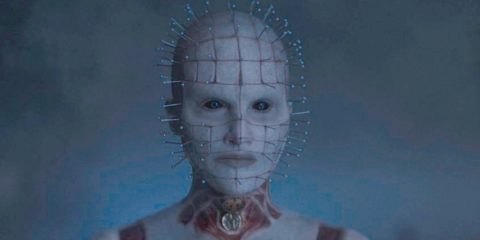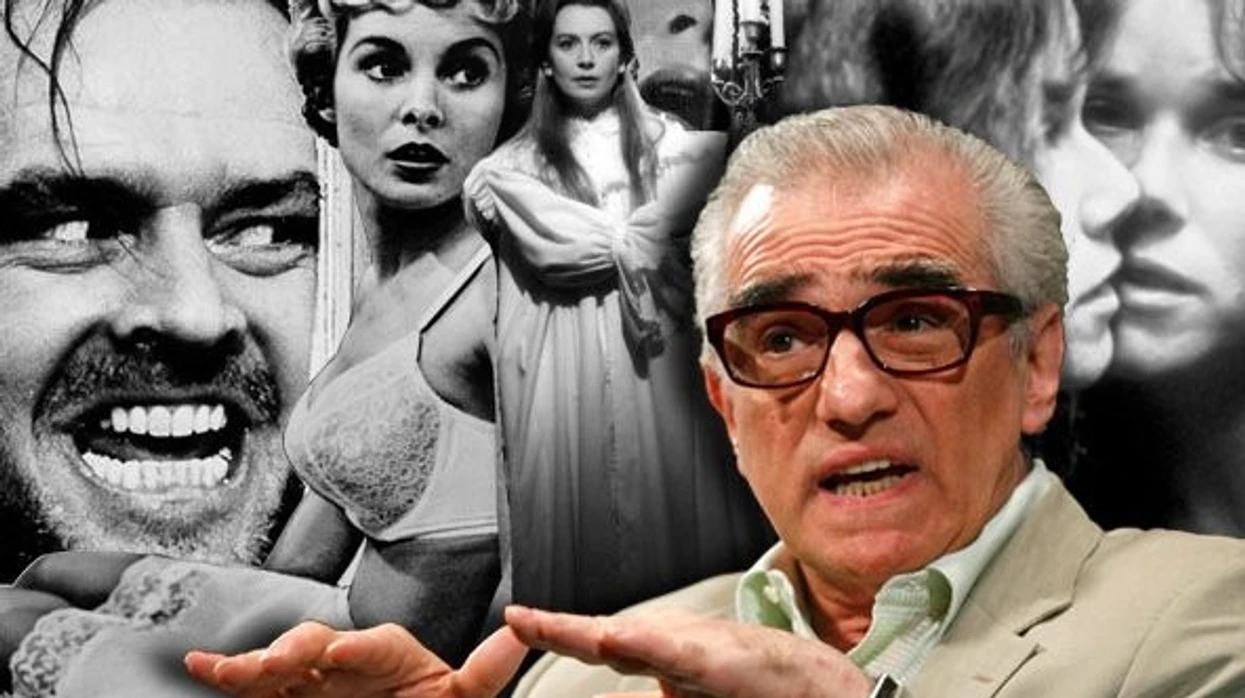
Martin Scorsese, a renowned filmmaker and avid cinephile, has shared his list of favorite horror films. This list, originally compiled in 2009 and revisited in 2015, highlights 11 horror movies that he considers the scariest and most impactful. Below is the list along with insights into why he values these films, based on his own comments and broader context from his appreciation of cinema.
- The Haunting (1963) – Directed by Robert Wise
- Why: Scorsese ranks this as his top horror film, calling it “absolutely terrifying.” He praises its depiction of “the investigation of a house plagued by violently assaultive spirits.” The film’s strength lies in its psychological tension and use of sound and suggestion rather than explicit visuals, aligning with Scorsese’s appreciation for subtlety and atmosphere over gore. The modern California setting enhances the psychological distress, making it a standout for him.
- Isle of the Dead (1945) – Directed by Mark Robson, produced by Val Lewton
- Why: Scorsese highlights a premature burial scene as particularly chilling, noting that it “never fails to scare me.” He values the film’s potency, crediting Val Lewton’s understated approach to horror. The film’s blend of dread and restraint reflects Scorsese’s admiration for Lewton’s ability to evoke fear through what’s left unseen.
- The Uninvited (1944) – Directed by Lewis Allen
- Why: Described as a “very effective ghost story,” Scorsese appreciates its haunted house narrative set in Cornwall. The film’s subtle supernatural elements and romantic undertones appeal to his taste for horror that integrates emotional depth, showcasing his love for classic storytelling.
- The Entity (1982) – Directed by Sidney J. Furie
- Why: Scorsese notes that the “banal settings … accentuate the unnerving quality” of this film about a woman tormented by an invisible assailant. He values its raw intensity and Barbara Hershey’s performance, reflecting his interest in horror that feels grounded yet deeply disturbing.
- Dead of Night (1945) – Directed by Alberto Cavalcanti, Charles Crichton, Basil Dearden, and Robert Hamer
- Why: Scorsese calls it “a British classic: four tales told by four strangers mysteriously gathered in a country house, each one extremely disquieting, climaxing with a montage in which elements from all the stories converge into a crescendo of madness.” He admires its anthology structure and playful yet unsettling tone, which influenced later horror filmmakers—a testament to his appreciation for innovative narrative forms.
- The Changeling (1980) – Directed by Peter Medak
- Why: Scorsese praises this as a “very scary ghost story,” valuing its atmosphere and George C. Scott’s portrayal of a grieving father. The film’s focus on loss and haunting resonates with Scorsese’s interest in emotional undercurrents within horror, blending personal tragedy with supernatural terror.
- The Shining (1980) – Directed by Stanley Kubrick
- Why: Scorsese says, “Kubrick made a majestically terrifying movie, where what you don’t see or comprehend shadows every move the characters make.” He never read the novel, so his admiration stems purely from Kubrick’s cinematic execution—its visual grandeur and psychological ambiguity align with his respect for directors who push boundaries.
- The Exorcist (1973) – Directed by William Friedkin
- Why: Scorsese finds it “as utterly horrifying as it was the day it came out,” citing “that room—the cold, the purple light, the demonic transformations: it really haunts you.” His focus on the visceral, haunting imagery reflects his appreciation for horror that leaves a lasting emotional imprint, blending faith and fear.
- Night of the Demon (1957) – Directed by Jacques Tourneur
- Why: Scorsese notes, “Forget the demon itself—again, it’s what you don’t see that’s so powerful.” He values Tourneur’s restraint and the film’s potency late in the director’s career, echoing his admiration for Lewton-esque horror that relies on suggestion over spectacle.
- The Innocents (1961) – Directed by Jack Clayton
- Why: Scorsese calls it “beautifully crafted and acted, immaculately shot (by Freddie Francis), and very scary,” praising its adaptation of Henry James’ The Turn of the Screw. He appreciates its psychological depth and ambiguity—whether the haunting is real or imagined—mirroring his love for films that explore the human mind.
- Psycho (1960) – Directed by Alfred Hitchcock
- Why: Scorsese acknowledges its familiarity but insists, “Then you watch it…and quickly start thinking again. The shower…the swamp…the relationship between mother and son—it’s extremely disturbing on so many levels. It’s also a great work of art.” His reverence for Hitchcock’s mastery of tension and non-traditional techniques underscores his admiration for horror as high art.
Why These Films Resonate with Scorsese
Scorsese’s selections reveal a preference for horror rooted in psychological complexity, atmospheric tension, and cinematic craftsmanship over cheap thrills or excessive gore. His comments emphasize the power of the unseen—whether it’s the ambiguous spirits in The Innocents, the shadowy dread of The Shining, or the suggestive terror of Night of the Demon. As a filmmaker known for subtlety in his own work (e.g., Taxi Driver, Shutter Island), he gravitates toward horror that mirrors real human emotions—fear, guilt, grief—rather than relying solely on supernatural shocks.
His appreciation for directors like Hitchcock, Kubrick, and Lewton’s collaborators reflects his deep knowledge of film history and respect for those who innovate within the genre. Films like Dead of Night and The Haunting showcase his love for structural creativity and atmospheric storytelling, while The Exorcist and Psycho highlight his admiration for horror that transcends entertainment to become culturally significant art. Scorsese’s Catholic background may also draw him to The Exorcist’s exploration of faith and evil, a recurring theme in his own films.
In summary, Martin Scorsese’s favorite horror films are a curated blend of classics and lesser-known gems that prioritize mood, psychological depth, and artistic integrity—qualities he values both as a viewer and a creator.

